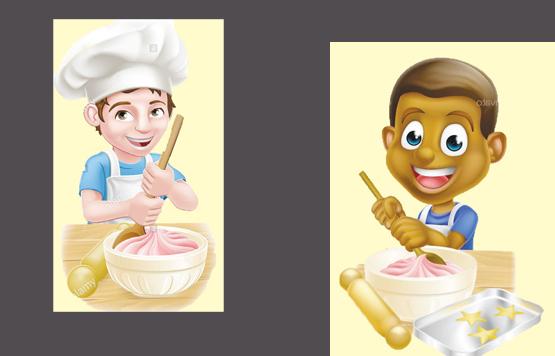
Phrasal verbs are an important feature of the English language. The meaning of a phrasal verb often bears no relation to the meaning of either the verb or the particle which is used with it. Many phrasal verbs have several different meanings.
Double as (if something doubles as something else, it also has the purpose of that thing)
If you have a hard-wearing shirt for the daytime, it can double as a light jacket for the evening.
Double back (to turn around and go back the way you have come)
The driver doubled back and headed for the airport.
Double for (to look very similar to someone else)
I met a man at the airport who could have doubled for Michael Jackson.
Double up with (to share a bedroom with another person)
Emma, would you mind doubling up with Rosy as there are only two bedrooms.
Doze off (to gradually start to sleep)
Most of us doze off in front of the TV.
Drag away (to make someone stop doing something so that they do something else)
I’ll bring my son with me if I can drag him away from the TV.
Drag into (to force someone or something to become involved in an unpleasant situation)
If Israel remains adamant, many countries in the region will be dragged into the war.
Drag on (if a difficult situation drags on, it will continue for a long time)
The talks between the government and the unions will drag on for another week.
Draw back (to move away from someone or something, usually because you are surprised or afraid)
Lucy drew back from the window when she saw a masked man in the garden.
Draw into (if a train draws into a station, it arrives and stops there)
We ran to the platform before the train drew into the station.
Draw on (if time draws on, it slowly passes)
As the evening drew on, we got ready to go home.
Draw up (to prepare something by writing it)
The Conservative Party has drawn up a list of candidates for the forthcoming election.
Dream up (to think of an idea or plan especially one that is not really possible)
Sharon is always dreaming up crazy ways to get rich quickly.
